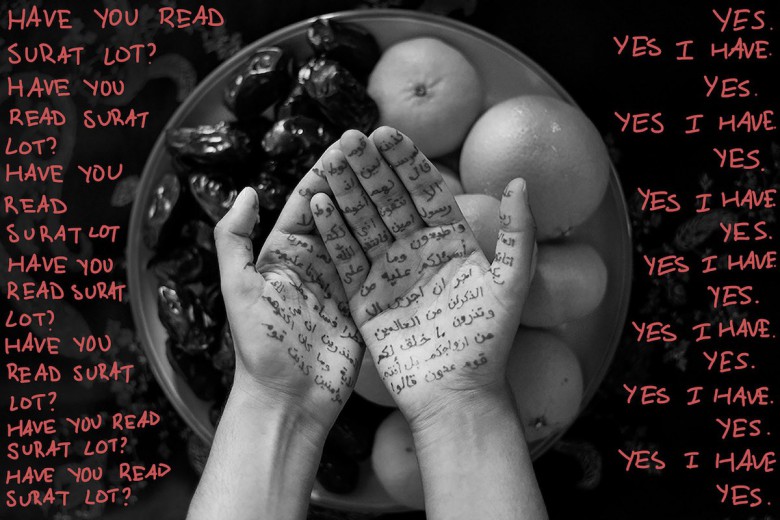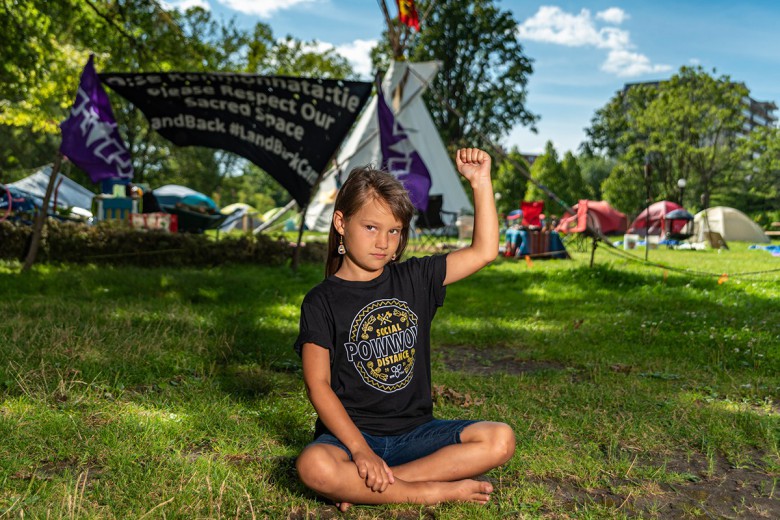At the beginning of the COVID-19 pandemic, governments applauded and thanked essential workers and called them heroes. But after the Quebec government lifted many pandemic restrictions in 2022, essential workers were expected to continue working long hours, despite the heightened risk of exposure to COVID and the government cutting the pay incentive for essential work a few months into the pandemic.
In the fall and winter of 2022 and 2023, I interviewed essential workers in construction, agriculture, postal services, and health care about their working conditions, what they find most difficult, and the impact of long work days on their bodies. I documented workers at the beginning of their workdays getting ready for work and on their commute, and at the end of their workdays making dinner and reflecting on the day. This photo essay shares an intimate portrayal of the working lives of essential workers, and the physical and emotional impacts of labour on the body.
Keniya-Frederika Jean, hospital orderly_3_1000_1000_90.jpg)
Catherine Pigeon, nutritionist_4_1000_985_90.jpg)
On a late November day before the sun rises, Catherine wakes up as her partner continues sleeping. She sits alone at her kitchen table eating and looking at her phone. "I fully wake up once I get to work. I'm in an in-between state. I can still get places, I can still talk to people, but like, I'm half there until I get to work and then I have to be fully present."
Agnès Gaudreau, mechanic_6_1000_1000_90.jpg)
Amy Collier, postal worker_9_1000_993_90.jpg)
Jenna Jacobs, farm worker_13_1000_1000_90.jpg)
Jenna works on a cooperative vegetable farm. As a single parent and the only farm worker in the winter, Jenna has no choice but to work every day. "I was sick today, but I still had to get up, still had to get my kids ready and get them to school. I still have to feed the chickens and milk the cows. I've really just done the minimum today. I have to work on Christmas Day and on my birthday." In this photo Jenna cooks the family supper as her kids complete their homework at the kitchen table.
*Some of Erica Leblanc-Deschatelets and Agnès Gaudreau’s quotes have been translated from French to English by Ariadne Lih.


_15_1200_675_90_s_c1_.jpg)




